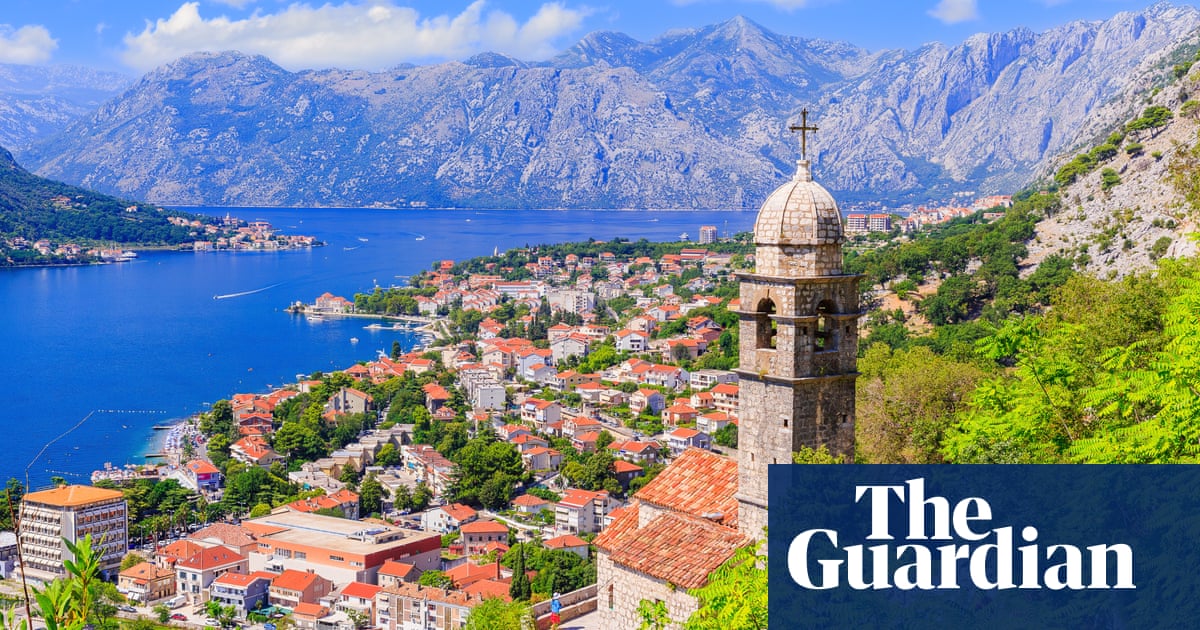Hundreds of leading figures and organisations in the UK’s creative industries, including Coldplay, Paul McCartney, Dua Lipa, Ian McKellen and the Royal Shakespeare Company, have urged the prime minister to protect artists’ copyright and not “give our work away” at the behest of big tech.
In an open letter to Keir Starmer, a host of major artists claim creatives’ livelihoods are under threat as wrangling continues over a government plan to let artificial intelligence companies use copyright-protected work without permission.
Describing copyright as the “lifeblood” of their professions, the letter warns Starmer that the proposed legal change will threaten Britain’s status as a leading creative power.
“We will lose an immense growth opportunity if we give our work away at the behest of a handful of powerful overseas tech companies and with it our future income, the UK’s position as a creative powerhouse, and any hope that the technology of daily life will embody the values and laws of the United Kingdom,” the letter says.
The letter urges the government to accept an amendment to the data bill proposed by Beeban Kidron, the cross-bench peer and leading campaigner against the copyright proposals. Kidron, who organised the artists’ letter, is seeking a change that requires AI firms tell copyright owners which individual works they have ingested into their models.
Urging parliamentarians on all sides of the political spectrum and in both houses to support the change, the letter says: “We urge you to vote in support of the UK creative industries. Supporting us supports the creators of the future. Our work is not yours to give away.”
Spanning the worlds of music, theatre, film, literature, art and media, the more than 400 signatories include Elton John, Kazuo Ishiguro, Annie Lennox, Rachel Whiteread, Jeanette Winterson, the National Theatre and the News Media Association, which represents more than 800 news titles including the Guardian.
Kidron’s amendment will go to a House of Lords vote on Monday, although the government has already signalled its opposition to the change, saying that a consultation process already under way was the correct process for debating alterations to copyright law, which protects someone’s work from being used by others without permission.
Under the government proposal, AI companies will be able to use copyright-protected material without permission unless the copyright holder “opts out” of the process by indicating – in an as yet unspecified way – that they do not wish their work to be used for free.
Giles Martin, the music producer and son of the Beatles producer George Martin, told the Guardian the opt-out plan could be impractical for young artists.
“When Paul McCartney wrote Yesterday his first thought was ‘how do I record this’ and not ‘how do I stop someone stealing this’,” said Martin, who was the music supervisor on the documentary series The Beatles: Get Back and co-produced the “last” Beatles song Now and Then.
Kidron said the letter’s signatories were speaking out “to ensure a positive future for the next generation of creators and innovators”.
Supporters of the Kidron amendment claim the change will ensure creatives are compensated for the use of their work in training AI models via licensing deals.
Generative AI models, the term for technology that underpins powerful tools such as the ChatGPT chatbot or the Suno music-making tool, have to be trained on a vast amount of data in order to generate their responses. The main source of this information is online, including the contents of Wikipedia, YouTube, newspaper articles and online book archives.
The government has submitted one amendment to the data bill that commits to officials carrying out an economic impact assessment of its proposals. A source close to Peter Kyle, the technology secretary, has told the Guardian that an opt-out system was no longer his preferred option.
Officially, there are four options under consideration. The other three alongside the “opt-out” scenario are: to leave the situation unchanged; require AI companies to seek licences for using copyrighted work; and allow AI firms to use copyrighted work with no opt-out for creative companies and individuals.
A government spokesperson said: “Uncertainty over how our copyright framework operates is holding back growth for our AI and creative industries. That cannot continue, but we’re clear that no changes will be considered unless we are completely satisfied they work for creators.”










